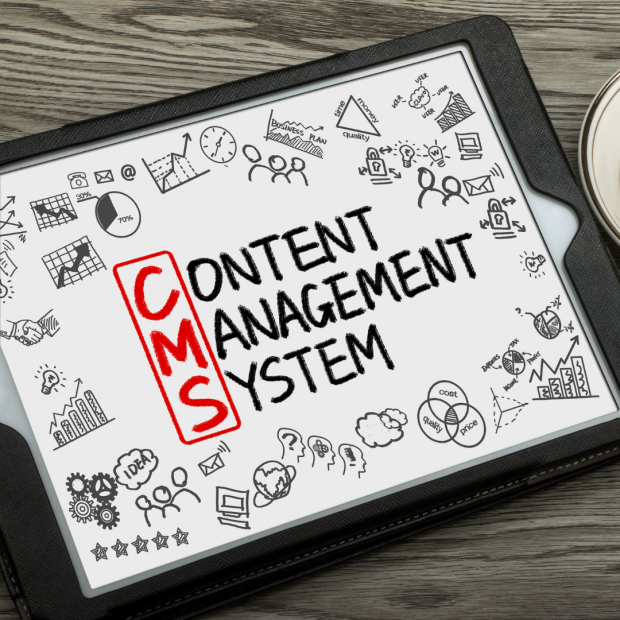Choosing a content management system (CMS) for your website isn’t easy. There are so many options, and it can be challenging to know where to start. Along with picking the right CMS, you also need to choose the necessary customizations that will best fit your needs as well as the needs of your users.
Define Your CMS Needs
A Content Management System allows website users and owners to update the content on their websites. With a CMS, anyone with the proper login credentials can update the website: from adding new pages to changing photos to adding completely new content. Apart from that, a CMS can also be used for managing social media profiles, advertising, search engine optimization, and much more.
Narrow Your Choices
When most of us think about choosing a CMS, we think of something with limitless possibilities, full of features, functions, and options that we can’t possibly narrow down to a single page. However, CMS’s don’t have to be that way. Many now come with built-in features that allow you to limit your options down to only the essentials in a database. With some of these, you may even have the option to define your own custom fields, which helps you to limit the number of options even further.
Make Sure Your CMS Is Scalable
When considering a new enterprise content management system, make sure the company you choose has experience building large, complex platforms. Selecting a vendor with experience in handling other large-scale enterprise-level platforms, like e-commerce and social networks will help ensure that the chosen vendor has the necessary tools needed to build the right system for you.
Reliable Software also Needs Support
Everything could be perfect, but if your platform staff isn’t there to assist you when you need it, things could go horribly wrong for everyone involved. The time and money you save by locating a content management system that doesn’t interfere with the creation and maintenance of content are priceless for your company.
CMS Intuitive UI
Content management system is a software that is used to manage the company’s business, simplify content management, and automate various tasks. The intuitive UI has a major role in developing an intuitive application. It is an ideal user interface that gets rid of the limitations of the traditional interface.
Test the CMS First
You may need a content management system at some point. That said, when choosing one, it’s important to test the system before rolling it out to your entire site to ensure that it works properly and adheres to your coding standards. There are many tools out there to help. One free option to try is Contentful’s development client.
CMS Must have API and Application Integration Support
The CMS world has been going through quite a transformation over the past few years. From static HTML pages to dynamic content to highly performant, highly scalable applications, the industry has changed a lot, and the CMS landscape has also changed. In choosing the best one for your website, you need to make sure that it has an API and supports application integration.
Sample of The Best CMS for You
- WordPress
- Joomla
- Shopify
- Drupal
According to ZionResearch, nearly one-third of all published websites are powered by WordPress. This software platform dominates more than 60 percent of the CMS market.
The CMS you select for your blog will be based on your needs and preference. I suggest that you make sure to consider your specific needs when purchasing one. The content management system you choose for your website will also impact your website to blog. Visit any website, and you will notice its page structure and how the content is broken up and arranged for the user. Having said that, a Content Management System can allow people to easily manage a blog page as well.


